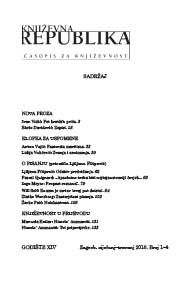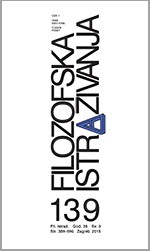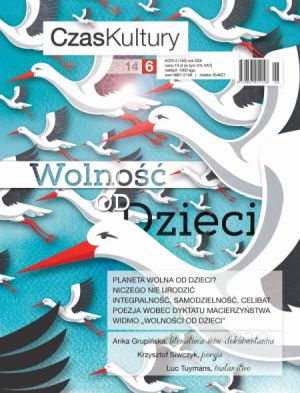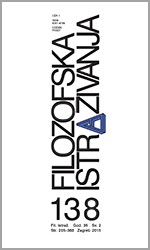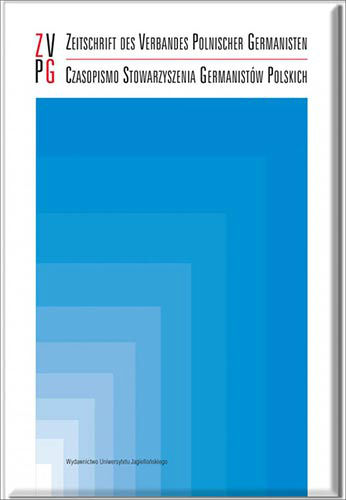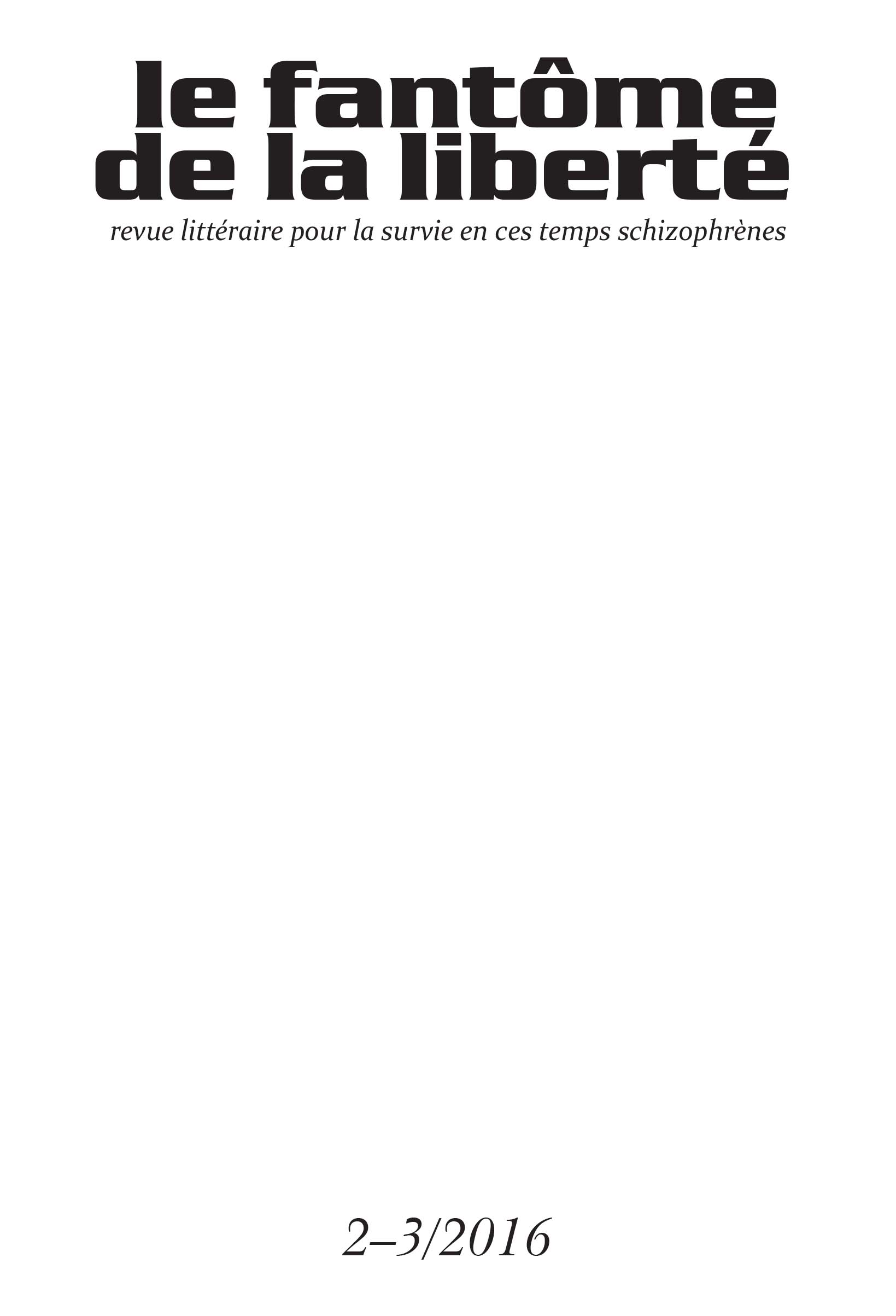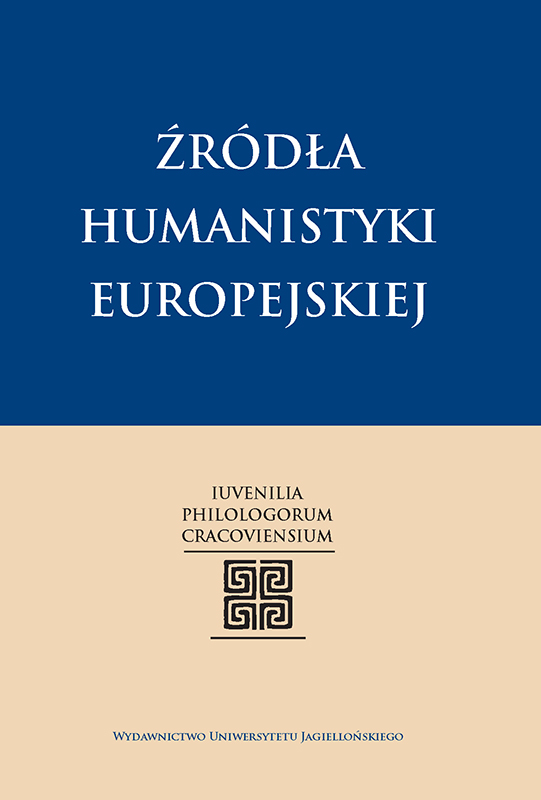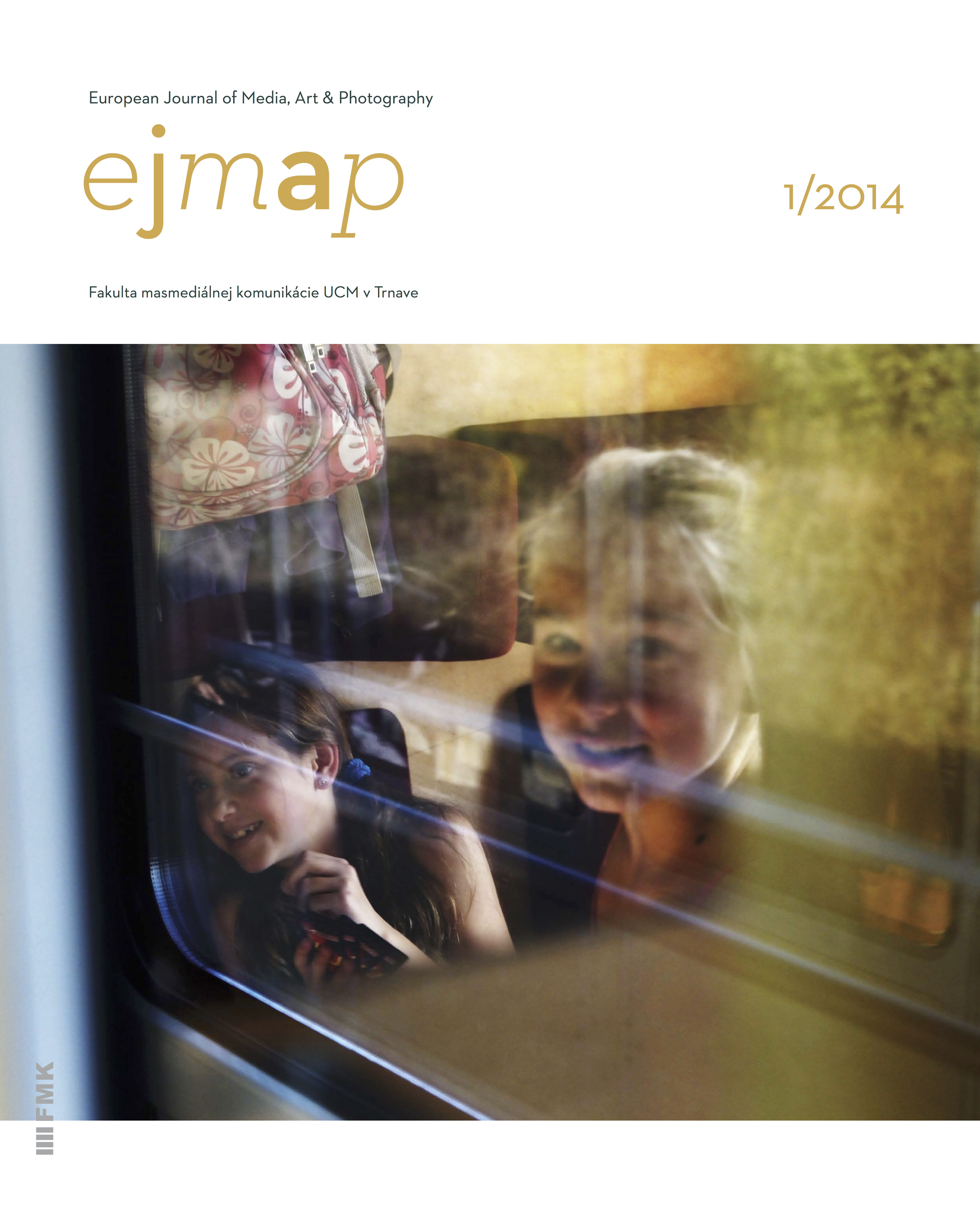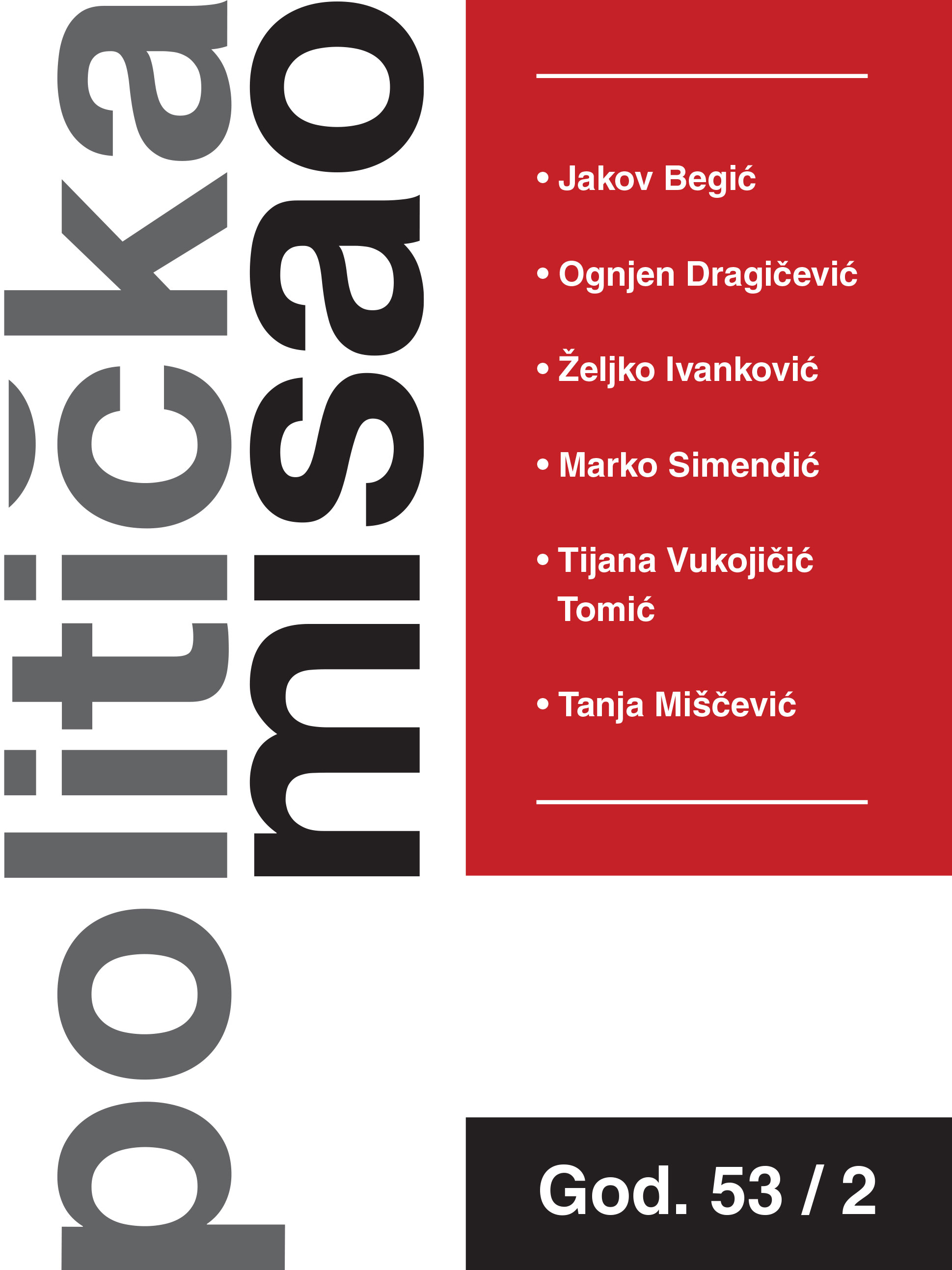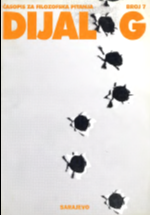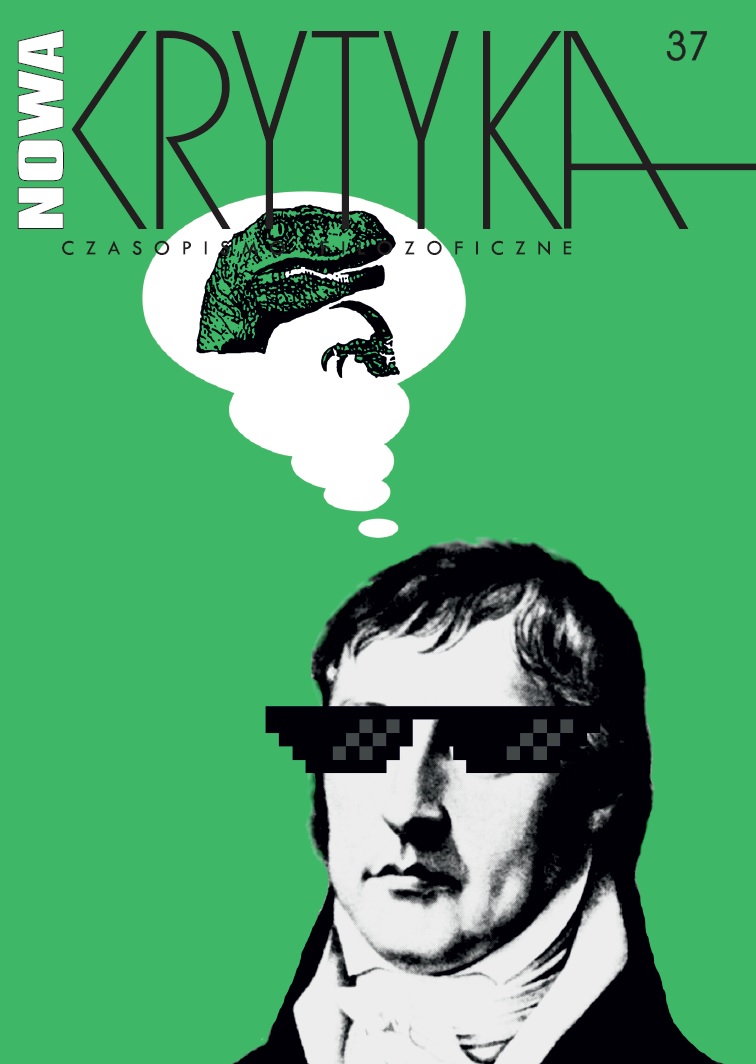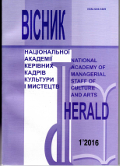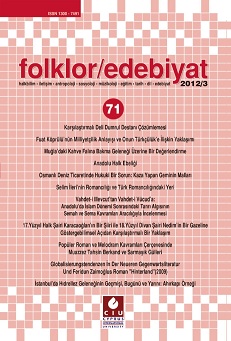Author(s): Olena Aphonina / Language(s): Ukrainian
Issue: 1/2016
The research of the most important methodological aspects of cultural codes and the "double coding" in the arts requires the development of adequate and effective conceptual apparatus. Without it, it is impossible to penetrate the essence of the problem, analyze its main aspects and trends of solutions. The need to learn the basic concepts that re-veal the specifics of cultural codes and the "double coding" in the art due to the fact that in the content of these definitions determined by the strategy of theoretical research, the research direction of movement of thought. We must also bear in mind the fact that, in determining the essential concepts as categories, except for decisions purely instrumental objectives defined by the basic outlines of the problem field of study problems, their relationship with other philosophical, aesthetic, cultural and artistic issues and related concepts.Problems of cultural codes and the "double coding" in art are very wide, associated with them issues related to the fundamental relationship in the "culture-art-work-practice". There is nothing surprising about the fact that art, spiritual practice and being there next to each other and is a significant part of the culture. In the analysis of the reality of art each time it is clearly shown that for certain socio-aesthetic forms of interaction with other social phenomena, it can’t exist. On the other hand, in the context of clarifying methodological and philosophical and aesthetic problems of the analysis of codes of culture and "double coding" in the arts important are the practical effect of the double standards to the realities of life and art. Therefore, in this study, the problem of cultural codes and the "double coding" in the art will determine within a holistic understanding of culture.Codes culture is often seen as an intrinsic property of the artistic culture, sometimes the focus is on code-language features imagery in various art forms. The essence of codes of culture consists of separate symbols, signs, pictures, images, ideas, which at first sight independent of one another, and in fact interrelated and mutually deterministic (clear and unambiguous) in the same associative field (Roland Barthes). From a more general point of view of cultural codes are the sign and symbol integrity (visual, iconic, auditory) and the semantics of the content (ideas, emotions, color,sound, movement, etc.). Each of the semiotic and semantic elements of cultural codes play an important and constructive role in cooperation with other conveys the meaning of the code.Code in the culture and its specific form and content, semiotic and semantic transformation occur in the coding process (preservation and transmission of information). Such a process typically can occur within a certain historical time and in a cultural space. The encoding process goes through various stages of development and code acquires new qualities. Here there is a process that can be called a "double-coded" in the art that Charles Jencks described as "playing with semantics and metaphors". Code of culture in the process of artistic creation concentrates artistic achievements and experiences, and in particular the art of code gets emotional expressiveness and aesthetic value.The idea of double coding in this case coincides with a double treatment of signs. In different historical and cultural contexts of conditionality word mark a new (or additional) value is considered and it is the basis of "double coding". Therefore, it is possible and necessary to use the semiotic approach to the study of phenomena and the code of "double coding" in the history of culture. Therefore, semiotics is the basis not only of the theory of culture, but any methodology of cultural studies as cultural studies is the product of self-reflection and self-description of the culture, that is meta-semiotic system. Cultural codes operate as signs of signs, creating texts about texts, and that is a kind of meta-text, based on semiotics of sign systems.In analysis of the code, and "double coding" in the context of semiotics, structuralism and post-structuralism, we can distinguish the basic methodological foundations for the study of these problems. Structuralist and poststructuralist analysis can reveal the concept of "cultural code" through the dual nature of structural relations (oppositions), the opposition, the sign (language) expression meaning. Analyzing the texts of prominent semiotics, structuralist, poststructuralist scientists, we conclude that getting into any kind of art, cultural code can be converted from one form to another, and when changing its structure and the direction it goes from one level to the semiotic coding the other, and here there is a process of "double coding". Then a new system of values, images, signs, symbols needs a new logic of the opening of the "code." Culture Code was in the process of processing, interpretation, reinterpretation, reconstruction, connotations, etc. and it is the subject of research in the postmodern cultural studies and art history.
More...
